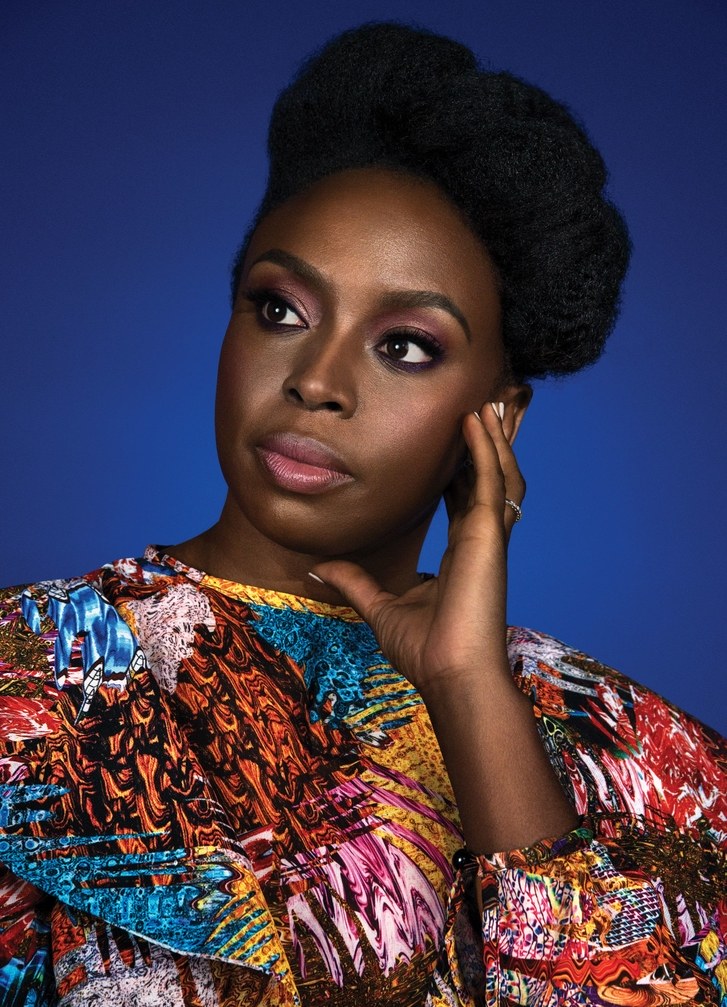By Olakunle Agboola – The negative perception of Africa has helped to generate millions of dollars in “aid” and an industry dedicated to spending it. It has enriched corrupt African dignitaries and raised the profile of western celebrities.
Nobody is pretending that Africa’s many serious problems should be played down or ignored, but the rest of the world, and Africans themselves, need to hear the good news stories as well.

Africa is a prodigious continent with different names and perceptions of what is it and what it ought to be. Foreigners have often referred to Africa as a black continent, not because the inhabitants are black but because of the peculiar state of Africa. However, the problems facing Africa do not arise from nature; it is just man-made. Africans will have to come to the hold of knowledge that the major part of their problems are created by those they trust to offer support and in turn drives the economy for their own advantage. It takes the deep eyes to see what the normal eyes cannot see.
It is widely believed that Africa is a poor continent even by the Africans themselves. This is a wrong perception because Africa has never been a poor continent rather the people therein are poor because of their botched mind to necessitate development and improved their capital income with their massive natural resources. Africa is a hub of raw materials for the industries responsible for the growth of the developed world. And if Africa is a poor continent then her natural resources won’t be of value to many foreigners invading Africa. Humanitarian organization such as UNICEF, WHO, and Doctors without Borders among others survive on portraying Africa as a dark continent to get funding for their operations. There are a lot of international NGOs who have become so rich with the perception of Africa being a poor or a dark – continent.
It is barely hard to find an African country that is debt free and the creditors are the so-called ‘Elite Continents’. The introduction of the International Aid was originally welcomed to get Africa on her feet. We have seen China in recent times controlling African leaders through trap aid or assistance. It is a popular saying that the borrower is always a subject to the lender. This is a peculiar state of Africa which is a result of the so-called African leaders who have pegged the growth of their states to International Aid when a large room of intellectual prowess could have been built to grow and sustained their economy.
When colonialists invaded Africa, they claimed to bring the good news of education, religion and trade. Well, they delivered on their promise but not in a manner that could help the indigenous Africans to be self-sufficient. Instead of educating the African child on science and technology, they favored literature and subaltern mindset that would equip graduates with knowledge only good enough to run their colonial governments. African hasn’t been able to solve their problems because they are far away from the knowledge of developing their own educational system to suit their needs. The knowledge of the west is incompatible with the needs of the continent. it will be of great important for Africa to run an indigenous system of educating the future leaders to offer the leadership that the continent needs to prosper.
The negative portrayal international media gives to Africa makes the foreigners think of this great continent as the darkest part of the world. Adichie, in her excellent TED conference talk in 2009, questioned how negative perceptions have impacted African development. Other African authors, such as Chinua Achebe, Amadou Hampâté Ba and Ousmane Sembene, have written remarkable books that challenge post-colonial narratives. It is up to African to change the narratives of Africa being alleged as a dark continent and it will take a fine-tuned energy and a collective effort of the government, individuals and Africa media.
Kindly follow us on twitter:@AfricanVoice2










